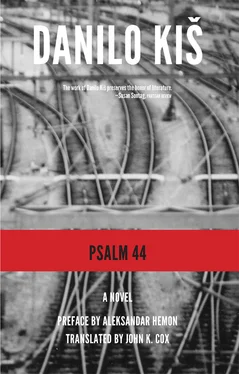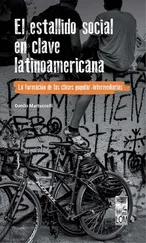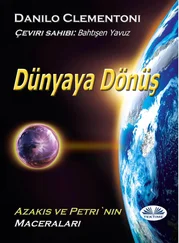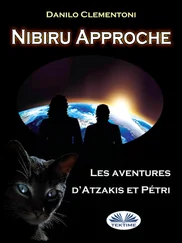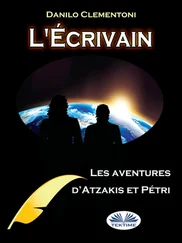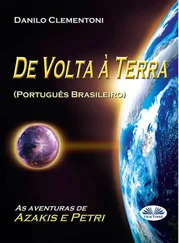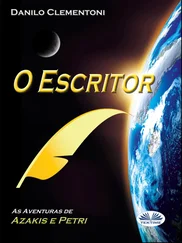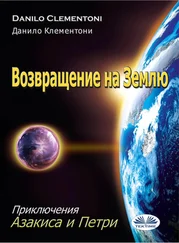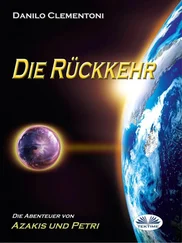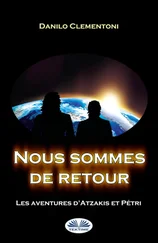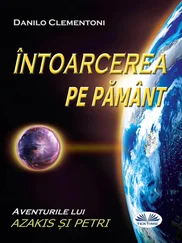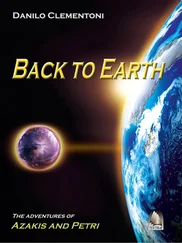In this way Marija slipped into unconsciousness (even before she reached her dormitory at the end of the corridor), under the cruel sign of those hands in motion and the frozen film; the last thing she heard was the bitter reproach directed at her by Ilonka Kutaj way back when, in the village school one day after Epiphany: “If nothing else they brought the nails.”
She recalled that summer in the village, and her own marveling eyes, the eyes of a city girl, although she was over ten years old at the time; she could also still remember the voice in which her father had spoken to her when she had come back home early, had left the village, so that his words would forever (and even now) remain in her mind, and the meadow under a blanket of flowers and the outing to the forest, but before that: the cornflower blooming in the mature rye and the sun high above their heads, and then the beckoning of the forest and the clearing and the promised shade and all the rest of it: the white linen on the green dining table and the thermos with its thick, cool milk — and then once more her mother’s voice (she’s sitting next to her in the grass, hugging her knees to herself and resting her beautiful head on them and Marija can still see the neat knot in her hair done up in a bun):
“What are we going to tell Father?” but first she let Marija (naturally) drink the milk from the thermos and eat the leg of goose and the poppy-seed pastry and only then did she ask: “What will you say to Father?” but Marija still couldn’t understand what was so important about all of this that it would make her mother cross and her mother sat there absorbed in thought and didn’t end up with even a crumb of anything at all to eat, not even a wee cup of milk, and why is it that one can’t simply say to Father: “I ran away from Ilonka Kutaj, who had offended me and who I will not talk to anymore and who I don’t ever want to see again,” and then, if Father should ask how Ilonka Kutaj had offended her, she would tell him in a simple and precise manner: and then he might well not be annoyed and not send her back to the village, but if he were to try to convince her to do so, she would say to him: she also insulted you; you and your great-great-great-grandfather ; and back there in the forest before Mother had gathered up all the white napkins and strewn the crumbs on top of a tree stump for the birds and the ants, and even before she had said to her out of worry and fright:
“You may not tell your father that; we cannot tell him the real reason,” she was already firmly convinced that in the end she would have to tell him everything, even the part about the distant ancestor, and she enjoyed imagining him, that is to say her father, putting his rifle down in front of her, an insignificant little girl, and how he would stand there disarmed and dumbfounded with the short little pipe that he had just removed from his mouth, and she saw her words wash away that penetrating, severe look behind the steel-framed spectacles; exactly as it was, exactly the way she knew it would be; but she had already decided back then, in the forest, that she would only tell it if worse came to worse, even if she had promised her mother that she wouldn’t say anything under any circumstances, other than (naturally) what Mother would say, that is, that she didn’t like it in the village and that she had come down with diarrhea and had caught measles.
She remembered the return from the village, and her perplexity at not traveling by train (the way they had come) and only then by cart through the fields of rye and poppies, but they covered the whole distance back in a cart, moving continuously alongside the tracks with their thundering, haughty trains, and she loved traveling by train, as did her mother, who had told her that she loved to travel by train, but just now she said she preferred to lurch along the bumpy village lanes, where there isn’t any way to shield your head and so the sun strikes you directly on the pate, right on the crown of your skull. Then they reached the city and Marija said to her mother that she’d had more than enough of this cart and that she would at least like to ride the streetcar at this point, to ride the blue one that went from the train station straight to the corner of their street where the chestnut blossoms were, and she saw, the moment their cart turned past the station: first the tram’s lyre-shaped pantograph, and then the fiacres and the horses snorting in front of the station: and then that little blue streetcar appeared, with a tinkling noise like that of small bells, the streetcar that looked so much like a toy, and she cried out:
“There’s the blue one!”—as if she had run into a neighbor from her building or a classmate or at least run across one of her toys, because she enjoyed riding on this blue streetcar and the blue ones are less common and are prettier, because it’s not at all a matter of indifference whether they are blue or yellow, it matters a great deal, but instead of stopping at the station and knocking the dust off their clothes and finally sending away the cart with the worn-out horses, her mother pointed out the way to the driver in his thick sheep’s-wool coat (she who had been wondering the whole time how he could stand to wear it in this intolerable heat), and Marija said to her mother in a pitiful, imploring voice Aren’t we taking the streetcar? and it seemed, in the midst of so much consternation, that it was simply a matter perhaps of inviting her mother to remember by means of this exclamation the thing that she had perhaps forgotten in the village, namely that you could ride the streetcar all the way to their house, perhaps she had merely overlooked the comfort and other advantages of the streetcar as compared to an ordinary team of horses. And Marija thought that as soon as her mother heard her question and as soon as she had been brought to her senses she would clap her hand to her forehead and laugh about her forgetfulness and say something like, “Aha, you see, I had totally forgotten the streetcar,” but her mother didn’t clap her hand to her forehead and she didn’t say it, for the first little while she didn’t say anything, in fact, but just sat there and looked straight ahead, acting as though she couldn’t hear her daughter and as though looking at the façades of the houses so delighted her that she actually couldn’t hear anything at the moment, nothing at all. Therefore Marija had to express her amazement again, but now (for the sake of caution) with a bit of humor in her voice, as if she were saying, “Hey, want to guess what we forgot?” and as if she had to laugh in anticipation of the way her mother would clap her hand to her forehead and reply, for instance, “The thermos!” and Marija would then produce it from her little travel bag and laugh at herself, naturally, laugh; but none of that occurred, and instead of marveling and laughing, her mother, barely turning her head, said:
Riding the streetcar is forbidden , and before Marija could feel astonishment at that, her mother continued: “That’s the reason you aren’t allowed to tell your father why you got mad at Ilonka Kutaj.” And that was the first time Marija put various facts together and finally comprehended more or less why they had kept her in the village with the excuse that it was good for her health, and why she couldn’t tell the father anything, but precisely because it was still not entirely clear to her and something was still concealed from her she resolved firmly to tell her father everything, naturally not right away, but she would definitely find a good reason to force herself to say it, and she would come up with an excuse to use on her mother and on herself, thus she said to her mother now, as if she couldn’t even understand the little bit that she did understand or suspect:
Читать дальше
